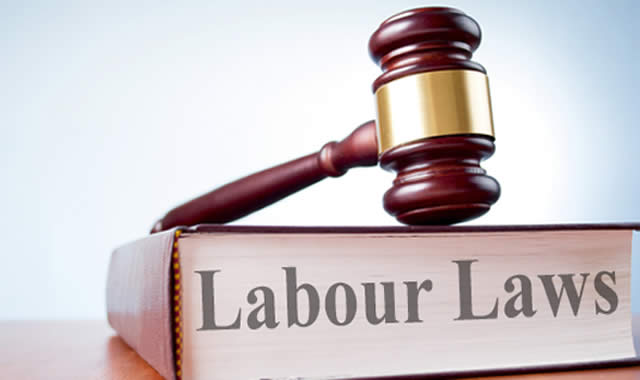Labour Column: Labour court applications a challenge

Davies Ndumiso Sibanda
THE Labour Court has started hearing cases that are referred to it by labour officers and that presents an opportunity for a number of questions to be answered in relation to the provisions of Section 93 of the Labour Act as amended by Amendment 5 of 2015.
However, there is a likelihood that many of the decisions will be appealed to the Supreme Court given the confusing manner the section was crafted.
The nation awaits a lot of Labour Act sanitisation work by judges.
The first question to be addressed would be whether a labour officer, after filing his papers with the Labour Court, should appear before a Judge in support of his application for an order and whether the party whose interest he is representing can also be enjoined in the case.
There is also the question of whether the labour officer has descended into the arena as a litigant or is merely carrying out his job as a judicial officer and as such cannot be made liable. It would seem the law lacks clarity on this matter thus it would require the courts to give direction.
Some people have also argued that the labour officer has no audience before the Labour Court in terms of section 92 thus they argue he should merely submit his papers and stay away from the case.
However, the fact that LC2 forms are served on the respondent in terms of Labour Court rules means that the stage is set for a hearing before the Labour Court.
I am not sure whether the party whose case is being advanced by the Labour Court is also served with the LC2 forms given that it might not agree with the position of the labour officer.
However,the provisions of the Act do not seem to give the party any audience before the Labour Court. It is also not clear how the party will be notified of the labour officer’s decision to approach the Labour Court for an order in its interest.
It is also not clear whether a party whose position is favoured by the order whose confirmation is being sought by the Labour Officer can make an input or reject the order and remain a bystander.
There will be challenges over costs related to defective applications by labour officers to the Labour Court as lawyers demand costs.
Further, the Labour Act does not say what happens if the labour officer’s application for an order is declined and the party whose case was being advanced by the Labour Officer had remained a bystander.
We will need direction as a bystander cannot suddenly apply for leave to approach the Supreme Court.
In the event the application by the labour officer is challenged, the law is silent on whether the other party whose interest is being advanced by the Labour Officer is enjoined as a party to the case and argue in support of the labour officer’s application and possible consequences therein. All these questions will have to be answered by decisions of the court.
Further, the registration of awards at the High Court now seem to be the administrative business of the labour officer and the Labour Act is silent on what happens if the registration is opposed. It also looks as if the labour officer can do the applica tion without notifying the other party.
In conclusion, these issues are merely a tip of the iceberg, we are likely to see more issues being raised related to these matters and there is a danger that as an initial consequence of the legislation, the Labour Court could be overwhelmed with cases and the stature and role of our Labour Court could be diminished by the flooding of cases from Labour Officers and Designated
Agents given the fact that the best way to sanitise defective legislation is going back to Parliament to correct their mistakes.
Davies Ndumiso Sibanda can be contacted on: email: [email protected] <mailto:[email protected]>
Or cell No: 0772 375 235












Comments